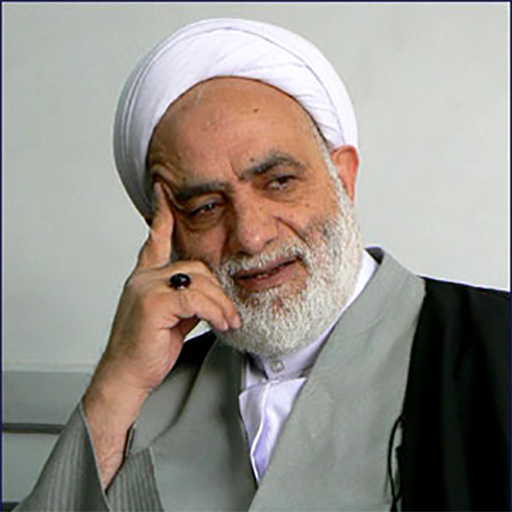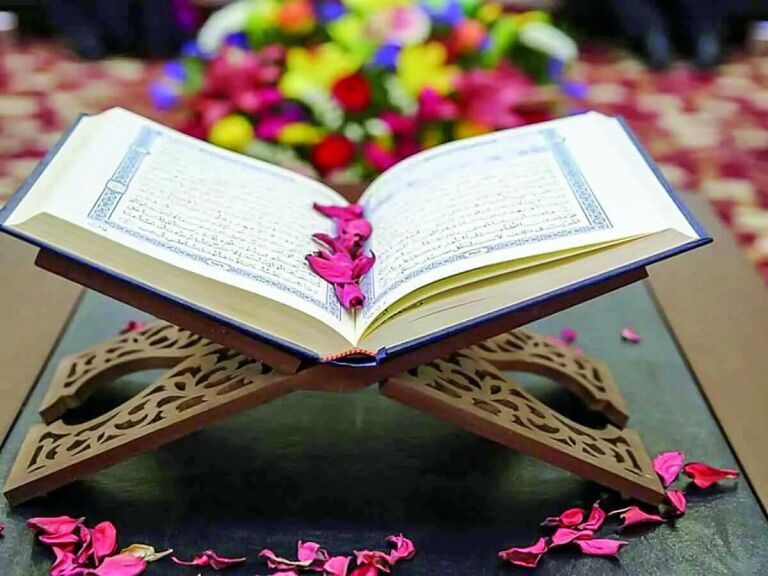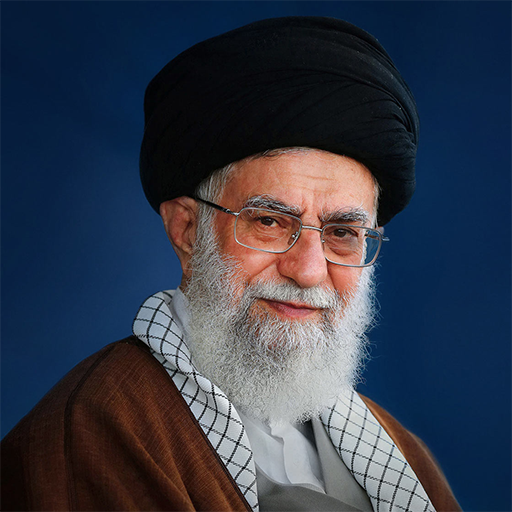
انّا اعطیناک الکوثر فصلّ لربّک وانحر انّ شانئک هو الابتر
This surah has three verses and was revealed in Mecca and is the smallest surah of the Holy Quran. The name of the surah is taken from the first verse and it means abundant good
According to numerous narrations from Shia and Sunni, as Bin Wael, the father of Amro As, who was one of the elders of Mecca polytheists, after the Prophet's sons passed away and he had no more sons, due to sarcasm and his sneer, he called the Prophet Abtar “without a sequel”. God sent down Surah Kawthar to comfort the Prophet and to answer this inappropriate speech. Allah announced Failure of the enemies and the survival of the Prophet's generation and thought
According to hadiths, one who recites this surah in obligatory and recommended prayers will be watered from the pool Kawsar is promised in the Day of Resurrection
Surah Al-Kawthar (108): Verses 1 to 3]
Indeed, we have given you Al-Kawthar (1) So pray to your Lord and sacrifice (2) Indeed, your enemy is "Abtar" (3)
Indeed, we have given you much good, so pray to your Lord and sacrifice (a camel). Your enemy indeed is childless and cut off
Points
Where God is calling to monotheism, He uses the singular pronoun, like I am your Lord
I am your Lord, so worship Me
انا ربّکم فاعبدون
I am your Lord, fear me انا ربکم فاتقون
Verily, I am the only God انّنی انا الله
Also, in cases where God does something without an intermediary or in the position of expressing the close relationship between the creator and the creature, the singular pronoun is used,
such as
"انا الغفور الرحیم
I am the only merciful one who
forgives.
" فانّی قریب I am close to my servants
But sometimes the verse expresses the greatness of God and the honor of blessings, and in these cases the
plural pronoun is used like "Enna
"انّا,
as it says in this verse: "
انّا اعطیناک الکوثر
"because God's gift to the best of God's creation is the gift of Kawthar in the form of It is something that should be remembered with greatness
Also, in cases where God does something through an intermediary, such as rain, which is through an intermediary. Rain is falling through the sun's rays and the formation of steam and clouds. So plural pronouns are used
We send down water from the sky”
و انزلنا من السماء ماءً
Among the one hundred and fourteen surahs of the Quran, four surahs begin with the word "Enna"انّا: Surahs of Fath, Noah,Qadr and Kawthar
We have made clear victory for you انّا فتحنا لک فتحاً مبینا
We sent Noah to the people
انّا ارسلنا نوحاً
We sent down the Quran on the Night of Qadr
“إِنَّا أَعْطَيْنَاكَ الكوثر We gave you Kawthar
At the beginning of one of these four surahs, Noah, who is the first prophet of the first and foremost, and who is considered the second father of mankind after Adam, is mentioned. At he beginning of the other three surahs, special blessings are mentioned such as the revelation of the Quran, clear victory, and the gift of Kawthar. Perhaps there is a connection between these four topics, one of which is the mission of the first prophet, the other is the descent of the last divine book, the third is the victory of the school of Islam, and the fourth is the continuation of the line of the mission and its indelibility
The word "Kawthar" is taken from "Kasrat" and means abundant and abundant good, and it is clear that this meaning can have many examples such as revelation, prophecy, the Quran, the position of intercession for abundant knowledge
and good morals, but the last verse of the surah can be a witness to This means that Kawthar is the blessed generation of the Holy Prophet. Because the spiteful enemy boldly calls the prophet “Abtar”, and God defends his prophet. He said:
"Indeed, your enemy is Abtar"
Therefore, if it is not meant by Kawthar Nasl, there is no a pleasing explanation and meaning for the connection between the first and third verses of the surah
The word "Abtar" originally refers to an animal whose tail has been cut off, and in the idiom it is said to someone who there is no generation left of him
since the children of the Prophet passed away in childhood, the enemies said: he has no future and descendants, because in Jahili culture, the daughter was not worthy to keep the father's name alive. Therefore, the sentence
"إِنَّ شَانَّئكَ هوَ الْابتَرُ"
is the proof that it is meant by Kathsar of the many generations of the Prophet, which is undoubtedly through Hazrat Zahra, peace be upon her.This blessed generation was given to the Holy Prophet through Hazrat
Khadijah. Yes, Khadijah gave a lot of wealth and got kowthar
In Tafsir Kabir, Fakhr Razi says: What a more blessed generation than the generation of Fatima, from which the likes of Baqir,Sadiq, and Reza arose, and although many of them were martyred throughout history, especially during the rule of the Umayyeh and the Abbasi, but still Even today, his descendants are widespread in most Islamic countries. At the time, the news of the birth of a daughter caused grief to the father in such a way that his face became black with grief and he thought of running away from the crowd or burying his daughter alive



